The U.S. Federal Reserve on Wednesday raised its benchmark interest rate for the first time since 2018 as it seeks to tame the highest U.S. inflation in four decades.
"Inflation remains elevated, reflecting supply and demand imbalances related to the pandemic, higher energy prices, and broader price pressures," the Fed said in a statement after a two-day policy meeting, adding the Ukraine crisis and related events are likely to "create additional upward pressure" on inflation and weigh on economic activity.
The central bank decided to raise the target range for the federal funds rate by a quarter percentage point to 0.25 to 0.50 percent and "anticipates that ongoing increases in the target range will be appropriate," the statement said.
In addition, the central bank expects to begin reducing its holdings of U.S. Treasury securities and agency debt and agency mortgage-backed securities "at a coming meeting", according to the statement.
The target range for the federal funds rate was previously set near zero in March 2020 to stimulate the U.S. economy at the start of the COVID-19 pandemic.
The central bank also embarked on an unlimited bond-buying program to prop up markets and reduce long-term borrowing costs. Now the Fed's balance sheet has swelled to nearly 9 trillion U.S. dollars from around 4.5 trillion dollars two years ago.
With U.S. inflation hitting a 40-year high and well above the central bank's target of 2 percent, many Fed officials have expressed in recent months that they would support a plan to begin a series of rate increases and the balance sheet unwind this year in a bid to cool off the overheating economy.
The consumer price index (CPI) last month surged 7.9 percent from a year earlier, the largest 12-month growth since the period ending January 1982, according to the U.S. Labor Department.
The Federal Open Market Committee (FOMC), the Fed's policy-making committee, on Wednesday approved the rate increase by an 8-to-1 vote, with St. Louis Federal Reserve Bank President James Bullard dissenting in favor of a larger half-percentage-point increase.
The Fed's quarterly economic projections released Wednesday showed that most Fed officials expect the federal funds rate to rise to 1.9 percent by the end of this year and around 2.8 percent by the end of 2023. That implies a total of seven quarter-percentage-point rate hikes this year and another three or four next year.
"Of course, these projections do not represent a committee decision or plan, and no one knows with any certainty where the economy will be a year or more from now," Fed Chair Jerome Powell said Wednesday afternoon at a virtual press conference.
Noting that every Fed meeting is "a live meeting" regarding raising interest rates, Powell said "we feel the economy is very strong and well-positioned to withstand tighter monetary policy."
"If we do conclude that it would be appropriate to move more quickly to remove accommodation then we'll do so. I can't be perfectly specific about it. But that's certainly a possibility as we go through the year," he said.
Asked when the U.S. inflation will come down, Powell said that he expects inflation to "remain high through the middle of the year" and begin to come down more sharply next year.
"It may take longer but I'm confident we'll bring inflation down," Powell said, acknowledging that the high inflation takes a toll on everyone, especially people who use most of their income to buy essentials like food, housing and transportation.
"We're not going to let high inflation become entrenched. The costs of that would be too high. And we're not going to wait so long that we have to do that," he added.
However, it is "highly unlikely" that the Fed will engineer a soft landing for the U.S. economy with inflation so high, Desmond Lachman, senior fellow at the American Enterprise Institute and a former official at the International Monetary Fund, told Xinhua.
"This is particularly the case since the Fed has not only created an inflation problem, it has also caused an equity, housing and credit market bubble. There has to be the risk that once the Fed starts raising interest rates in earnest, we will see those bubbles bursting and that bursting will produce a deep economic recession," Lachman said.









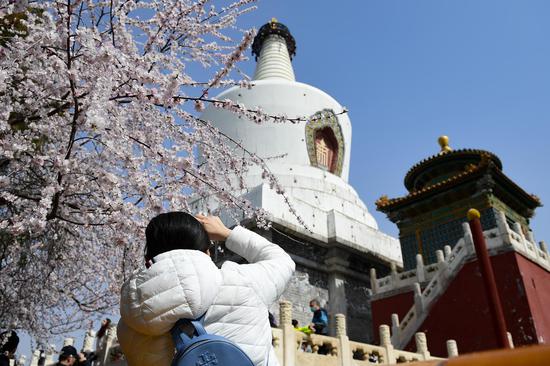

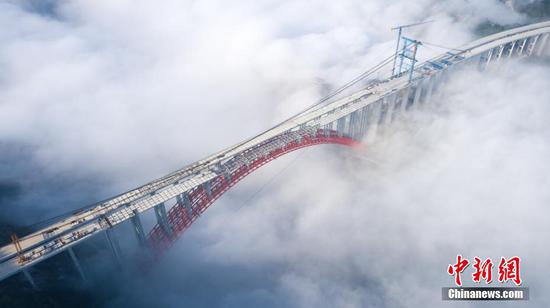
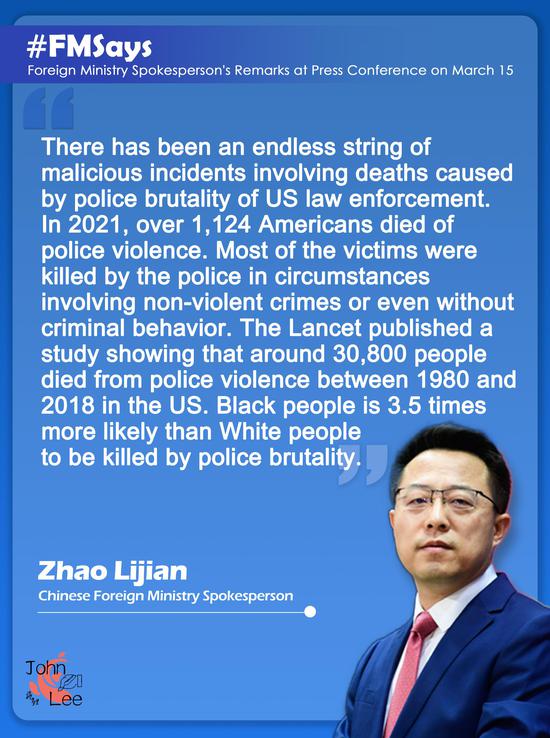
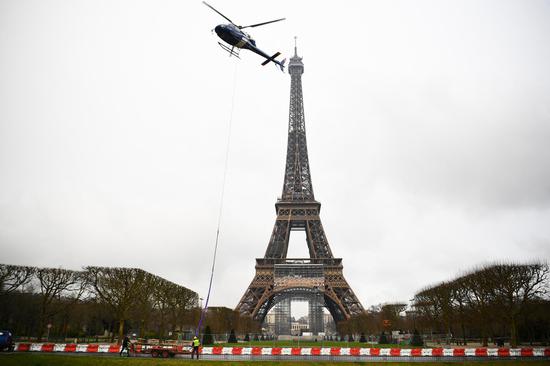
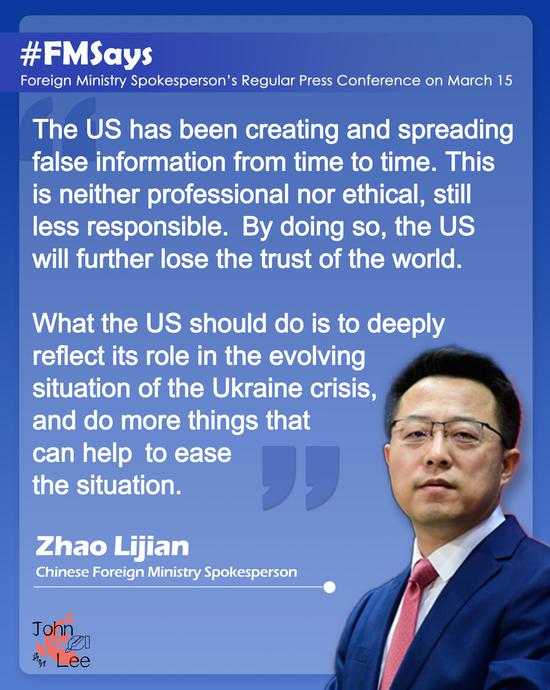
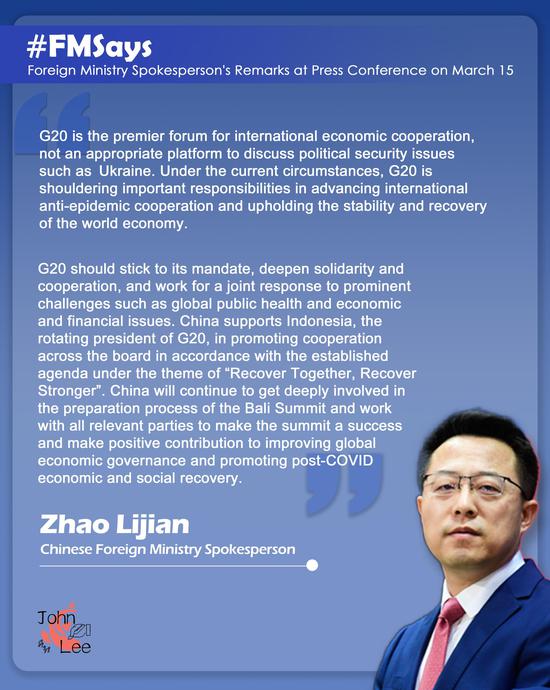





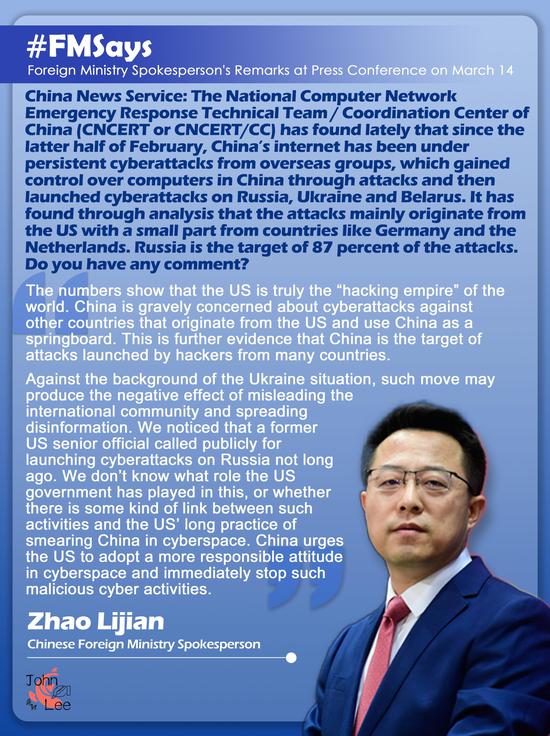








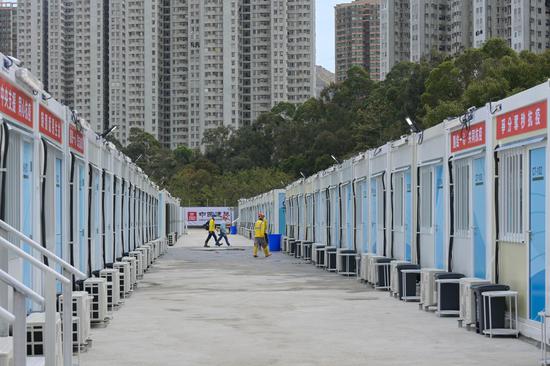



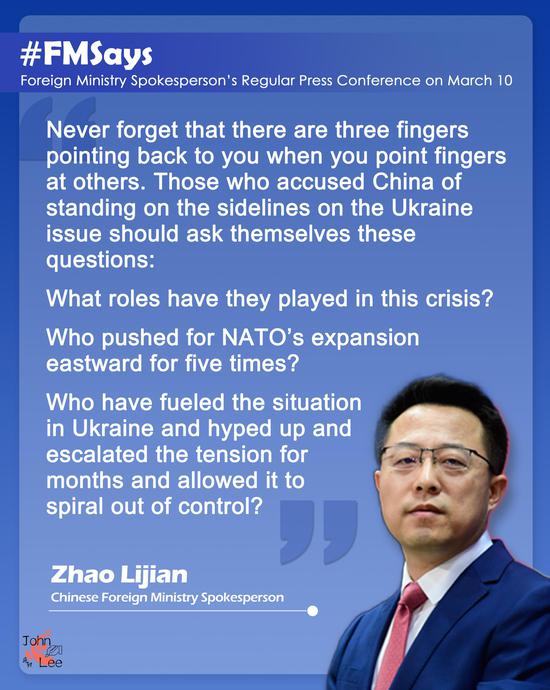
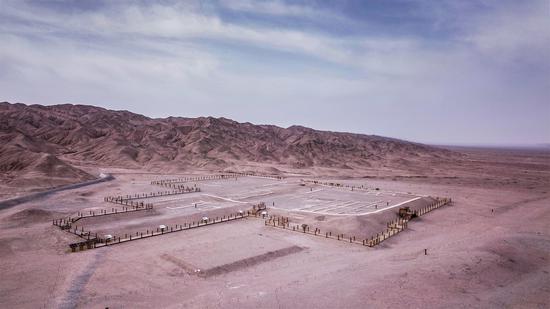
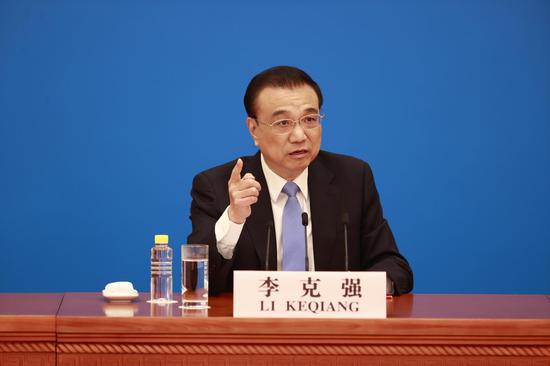
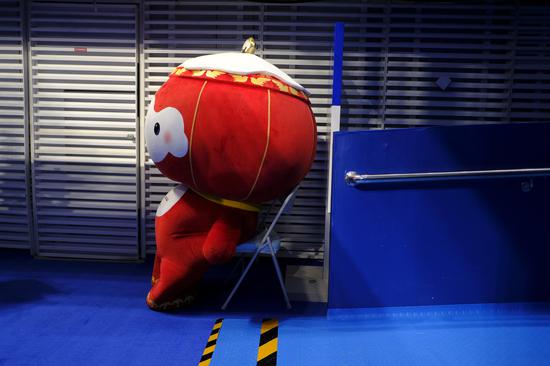
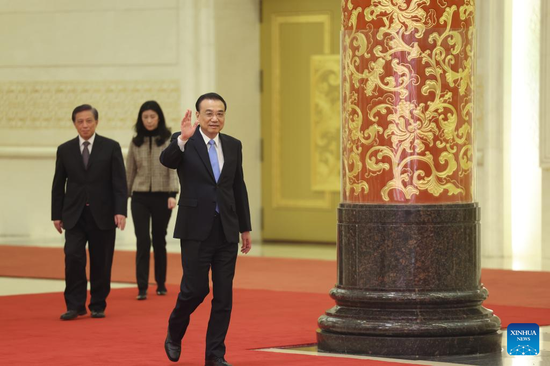

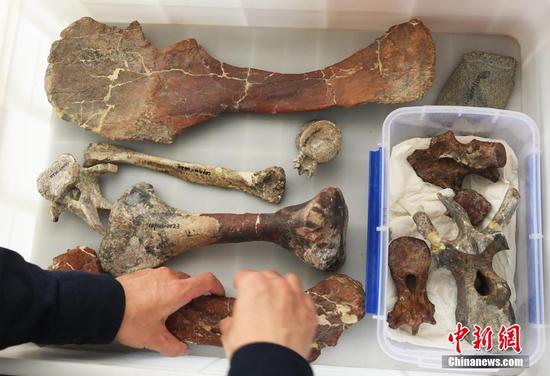
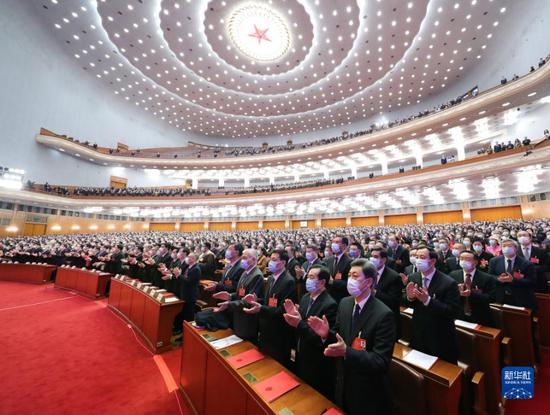

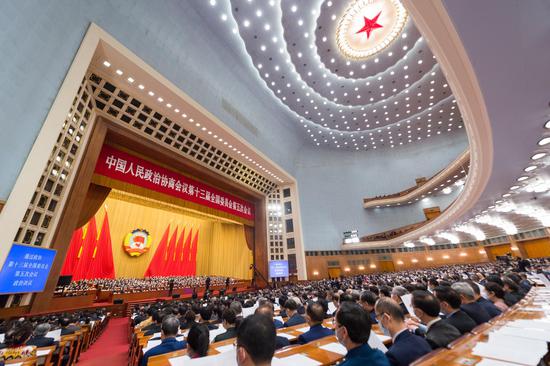
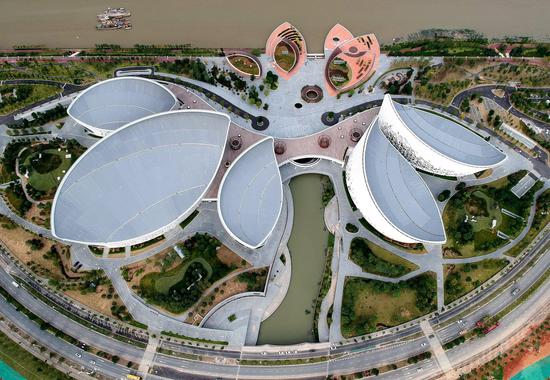





 京公網安備 11010202009201號
京公網安備 11010202009201號